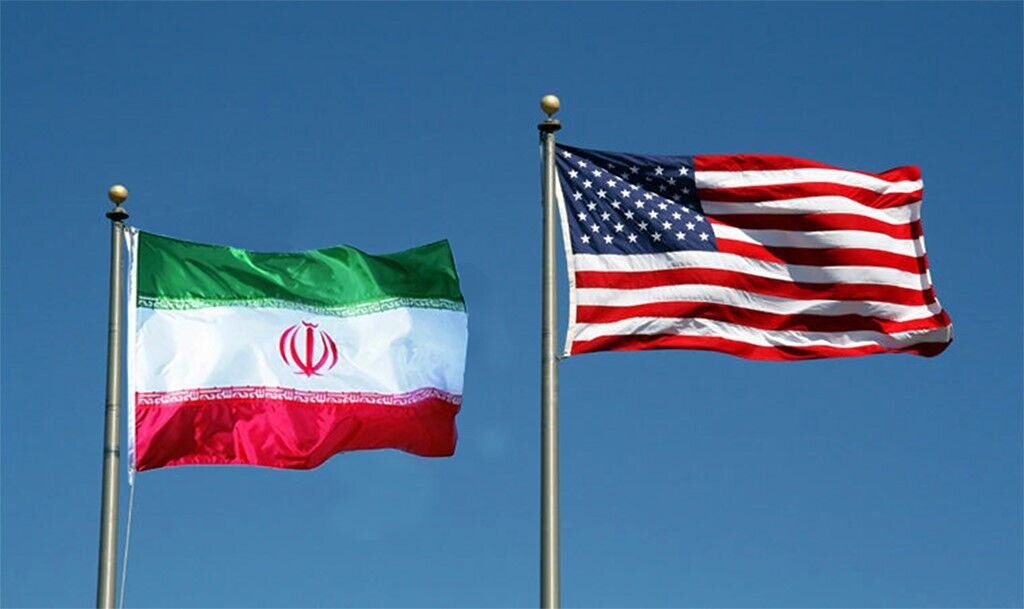U.S. says Washington is not in direct talks with Iran on JCPOA

TEHRAN- Vedant Patel, deputy spokesperson for the U.S. State Department, refrained from commenting on communication channels between Washington and Tehran, saying, “We are not in direct negotiations with Iran on the JCPOA.”
Patel, responding to a question about reports of reviving talks on lifting sanctions on Iran, said, “I will not comment on our communication channels with Iran, but I must say that we are not in direct negotiations with Iran in New York or anywhere else on the JCPOA.”
Patel, in response to another question about the State Department’s human rights report and the situation of journalists, said, “I do not want to refer to any specific section of the human rights report.”
The deputy spokesperson for the State Department continued to make anti-Iranian accusations, stating, “However, everyone knows that the Iranian government is one of the largest exporters of terrorism in the world. At the same time, the Iranian government completely ignores a free and open media environment. In the past three years, you have witnessed severe repression of media institutions, journalists, and media professionals in Iran. We will continue to take action to hold the Iranian government accountable for human rights violations and destructive behavior.”
He emphasized, “Negotiations on lifting sanctions with the countries that are members of the JCPOA are being pursued by Ali Bagheri Kani as Iran’s senior nuclear negotiator.”
Nasser Kanaani, the spokesperson for the Iranian Foreign Ministry, also said in April about the status of talks on lifting sanctions, “The Islamic Republic of Iran has always used all its diplomatic capacities to secure the rights of the people, especially in the matter of lifting unjust sanctions by the U.S. against the Iranian people.”
He stated, “It was not the Islamic Republic of Iran but America that undermined diplomatic efforts. Even America’s partners in the JCPOA were unable to fulfill their commitments and compensate for the illegal unilateral withdrawal of the U.S. from the JCPOA.”
Kanaani continued by saying that the issue of lifting unjust sanctions is raised on the sidelines of international meetings and in meetings with parties that can play a role in the JCPOA and negotiations on lifting unjust sanctions, and the viewpoints of the Islamic Republic of Iran are presented.
The Washington Free Beacon announced in April that the Biden administration did not extend the sanctions waivers that allowed Iran to engage in nuclear cooperation with international parties within the framework of the JCPOA.
The Biden administration allowed a set of sanctions waivers that allowed Iran and Russia to engage in joint cooperation to expire, but did not commit to implementing those sanctions.
During Donald Trump’s presidency, these waivers were revoked due to the U.S. withdrawal from the JCPOA, but Joe Biden announced after entering the White House that he would issue such waivers.
Iran fulfilled all its commitments under this agreement one year after the U.S. withdrawal from the JCPOA to give European countries, which promised to compensate for the effects of Washington’s withdrawal from the agreement, the opportunity to work towards fulfilling their promises.
However, since European countries did not fulfill their promises, Iran reduced its commitments under the JCPOA in several steps. The reduction of Iran’s commitments was based on the provisions of the nuclear agreement.
The Democratic administration of Joe Biden, after taking office in January 2021, condemned the unilateral actions of the previous administration to withdraw from the Iran nuclear deal with the P5+1 group, but so far has fallen short of taking any valid action to rectify past wrongdoings and has adopted the maximum pressure policies of Trump administration.
The Biden administration, which claimed to have a diplomatic approach towards Iran and to strive for a return to the JCPOA, has not only failed to return to the JCPOA but has repeatedly imposed sanctions against Iran under the pretext of Iran’s defensive programs, including ballistic missiles, drones, nuclear activities, and human rights.
Leave a Comment